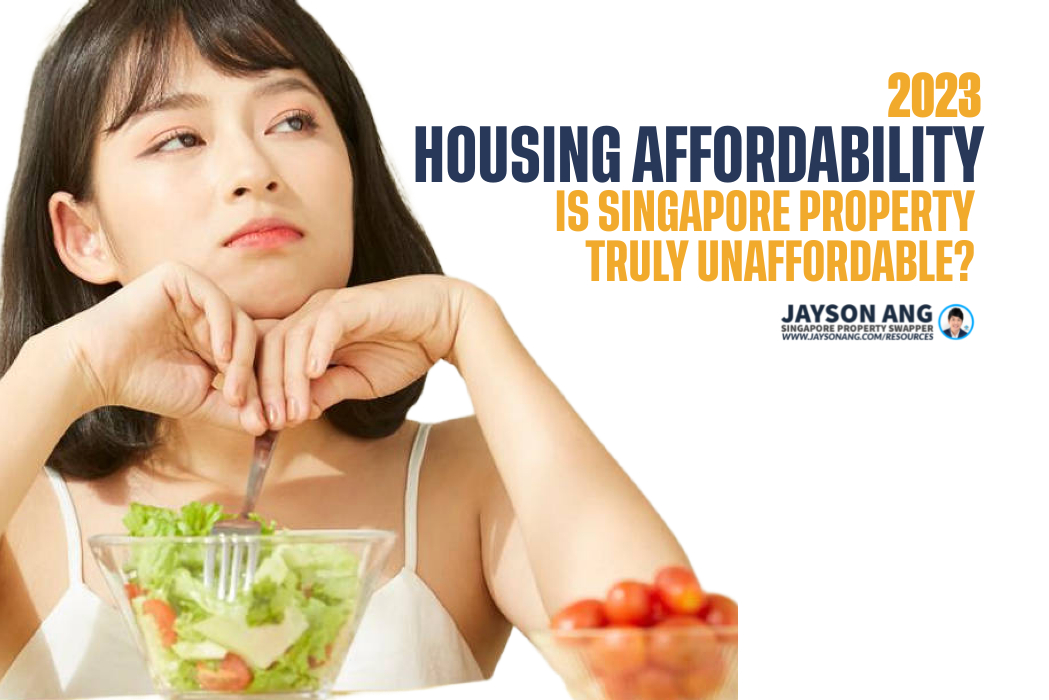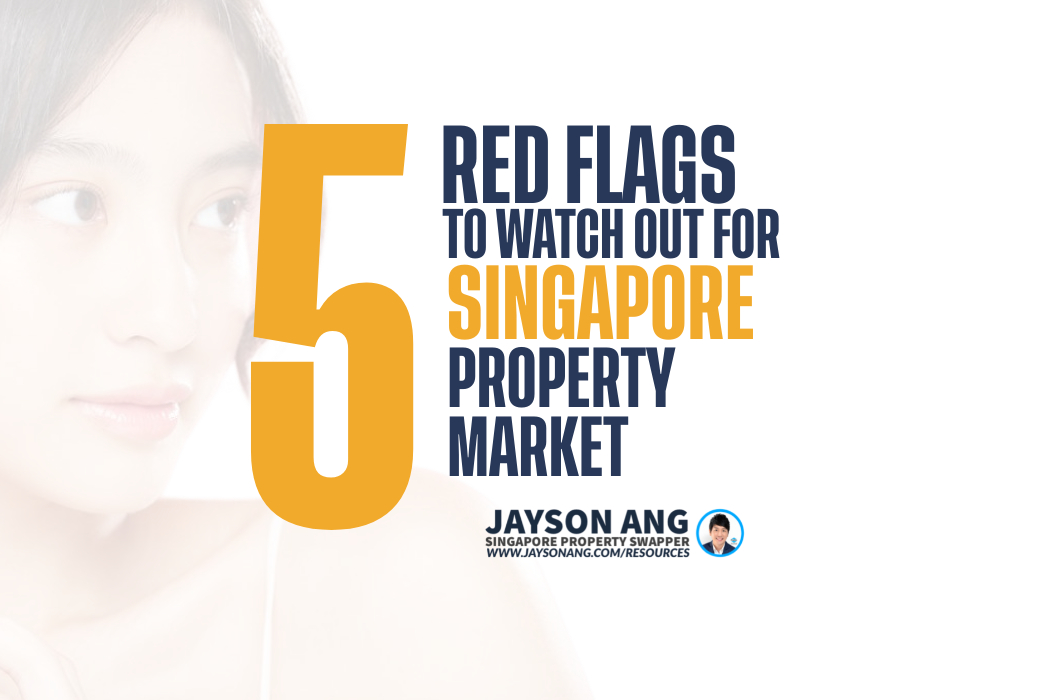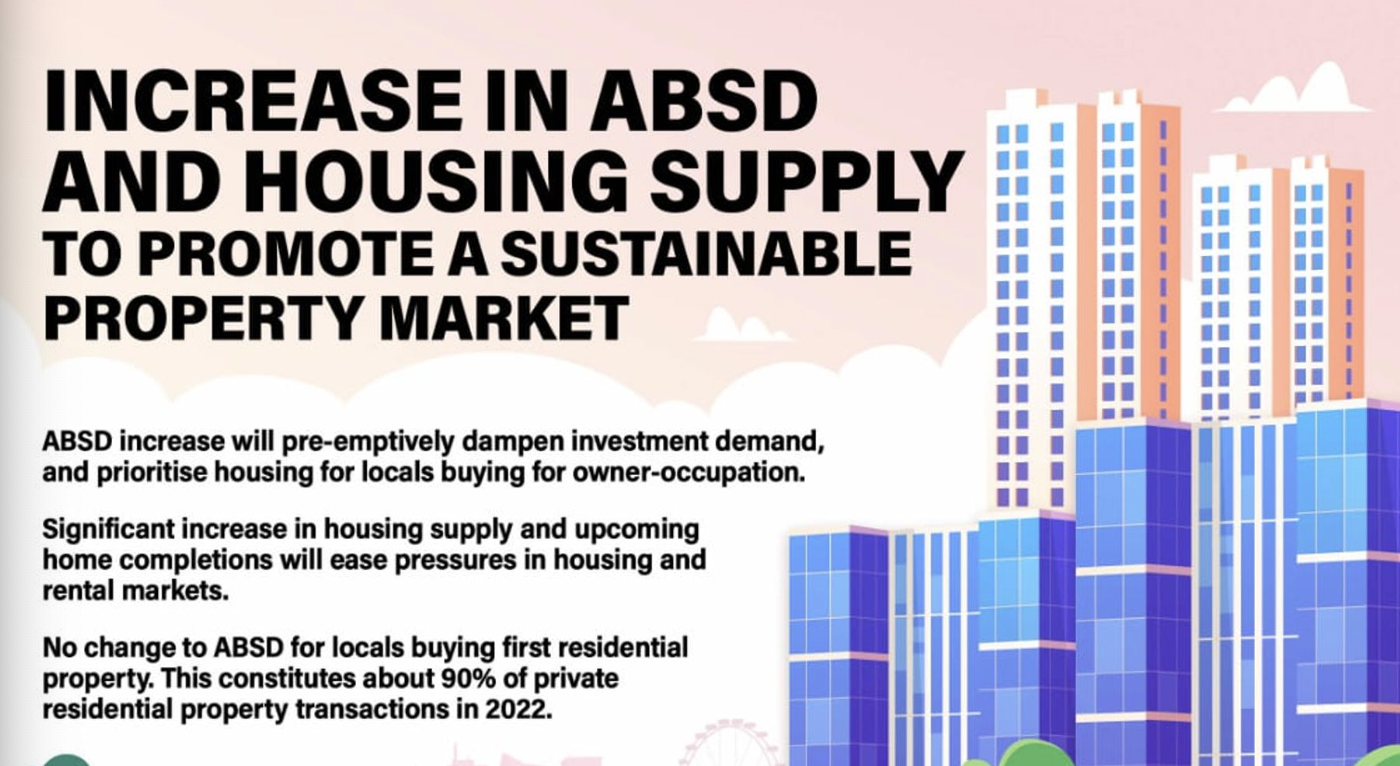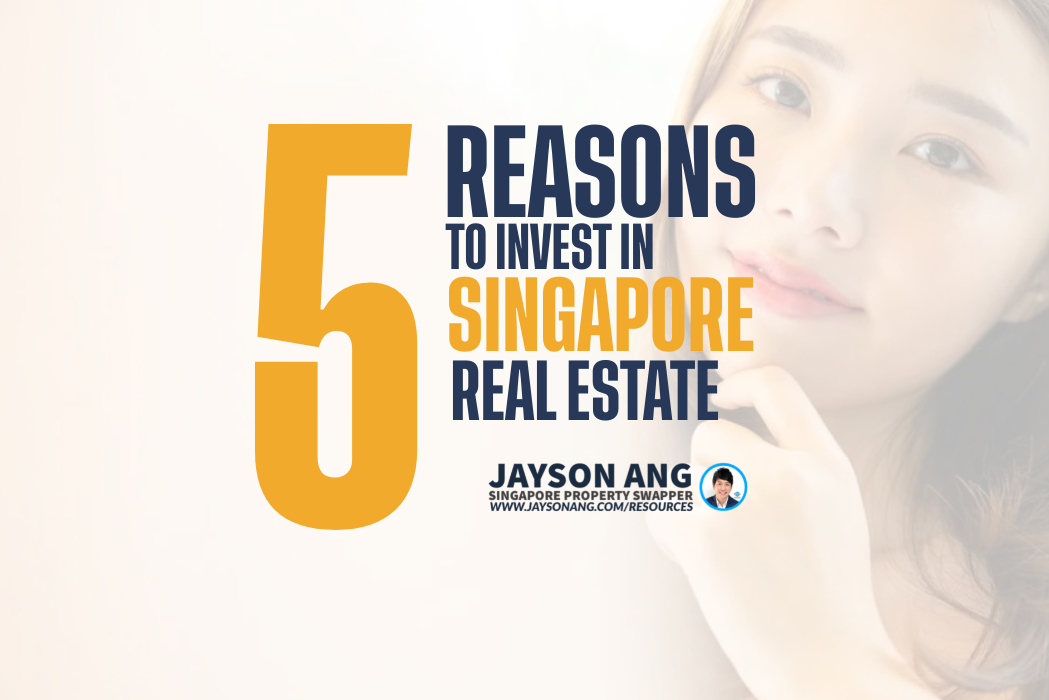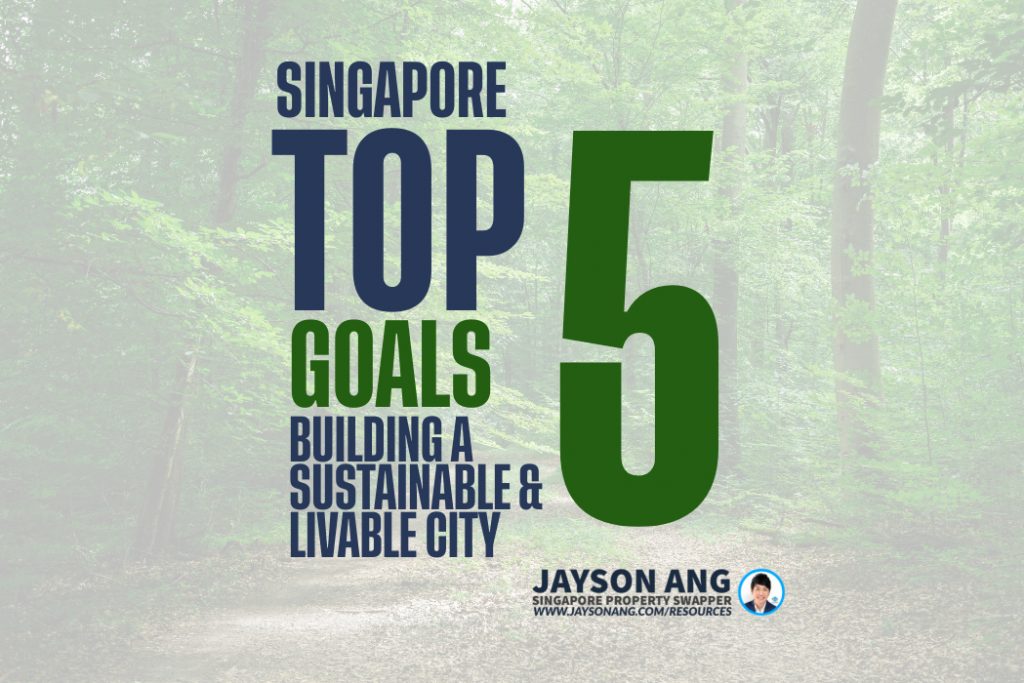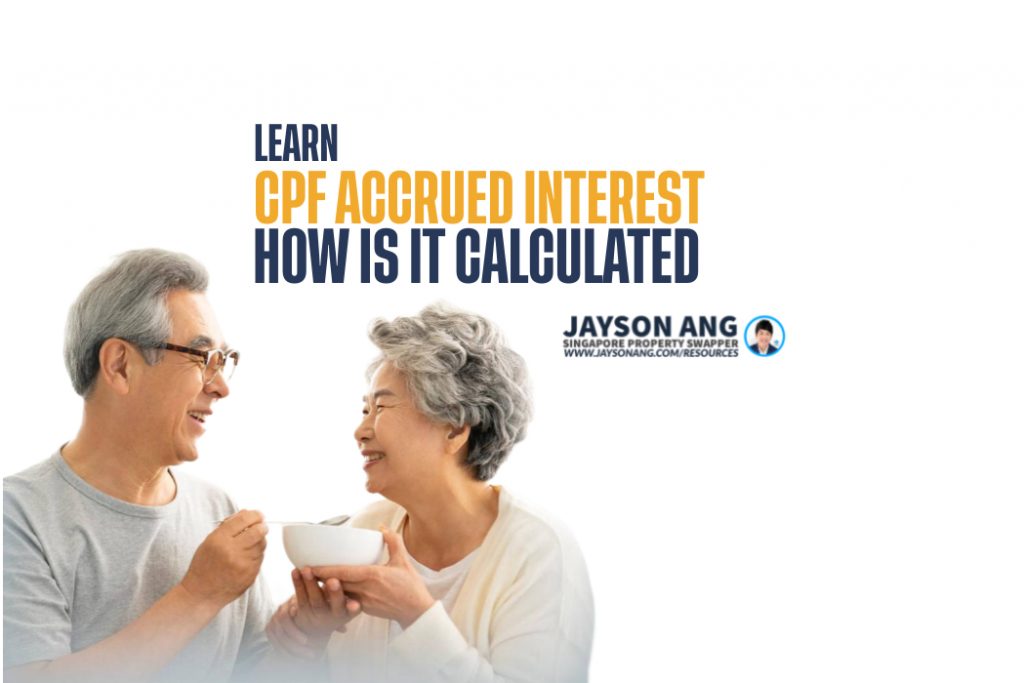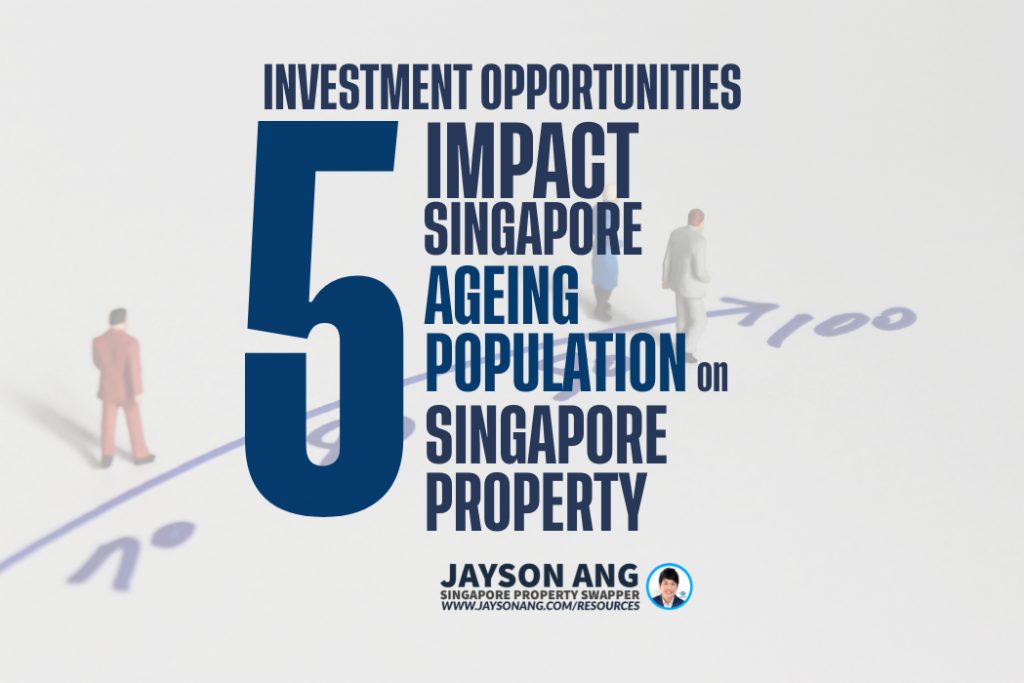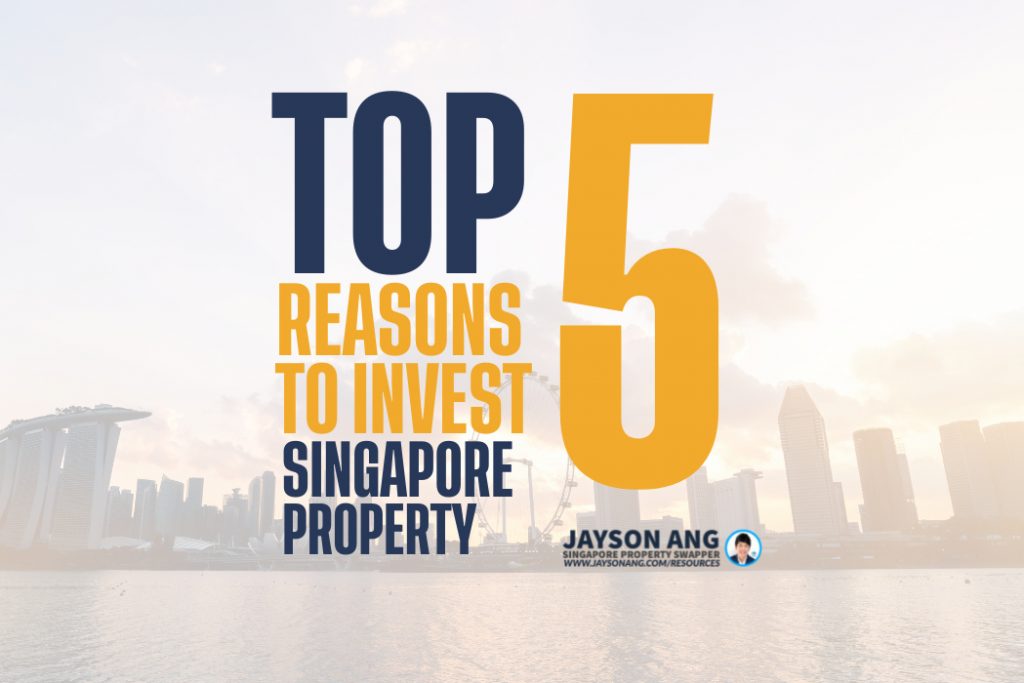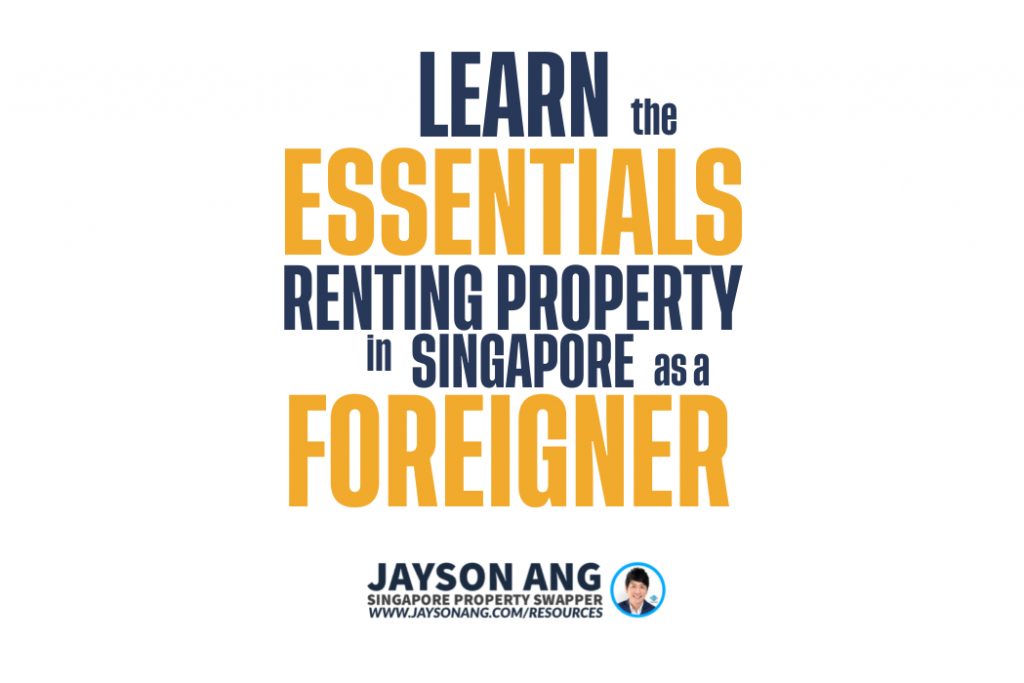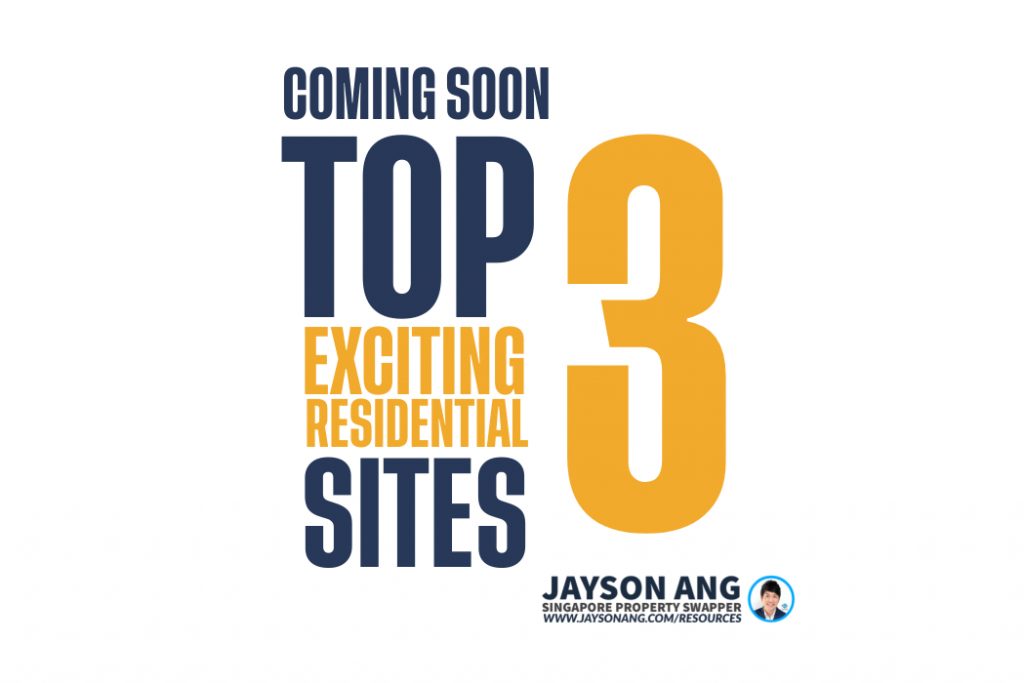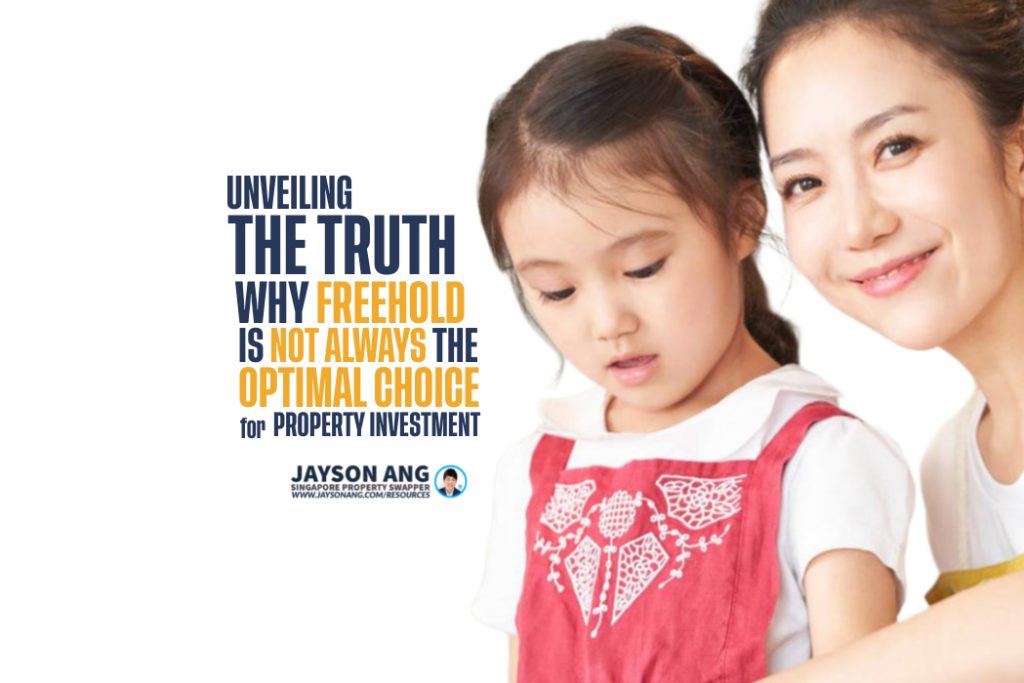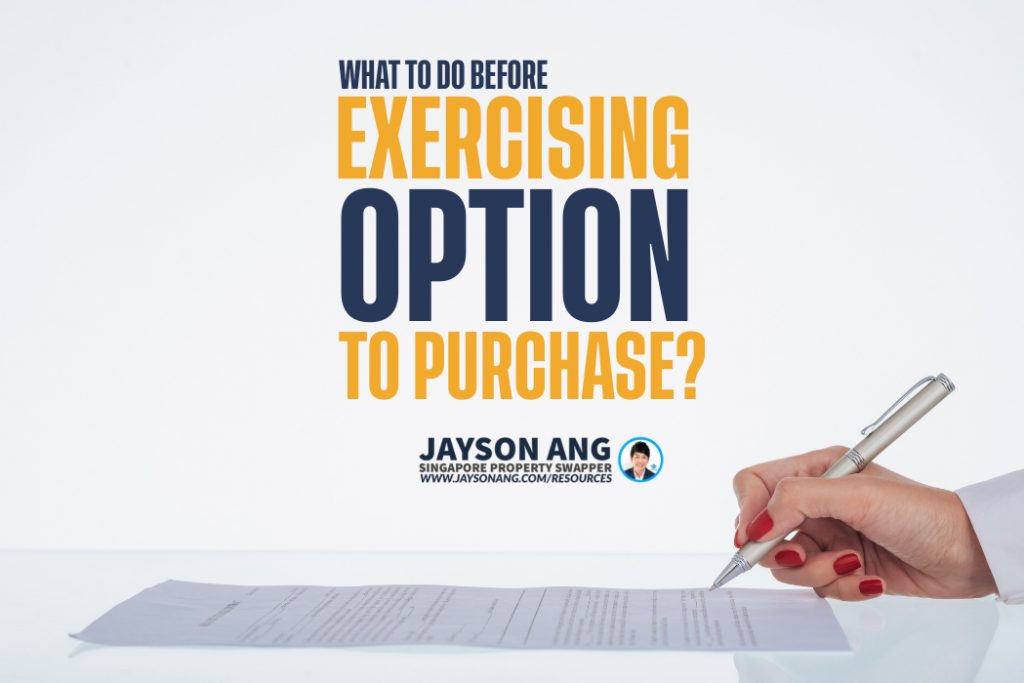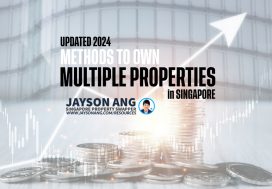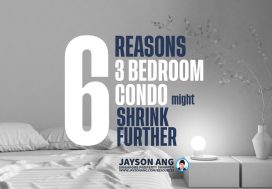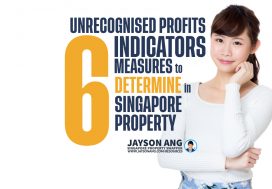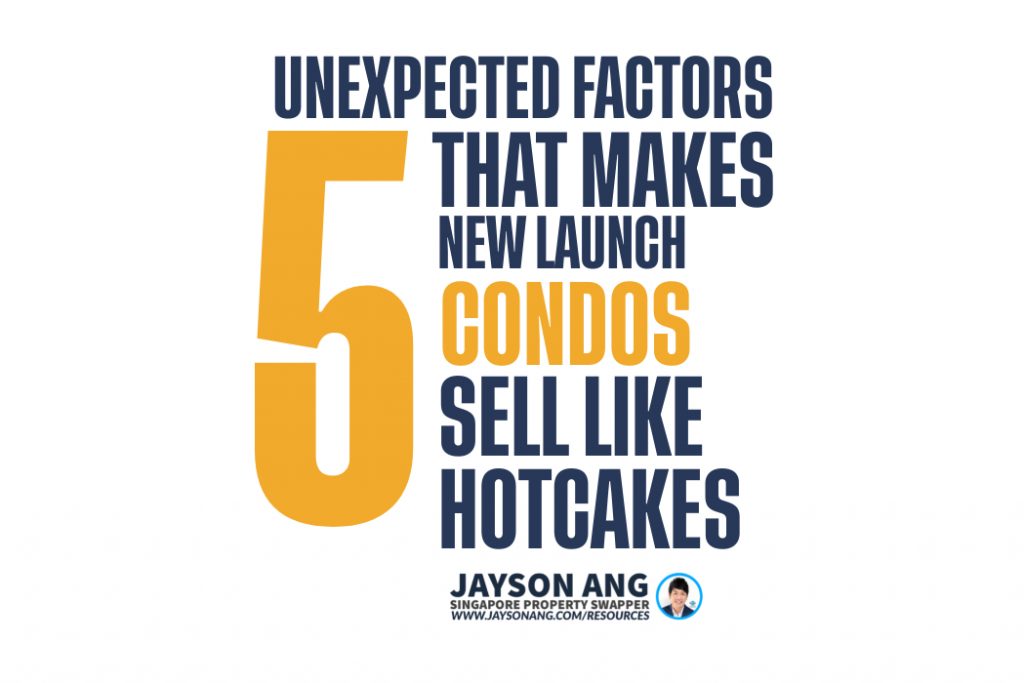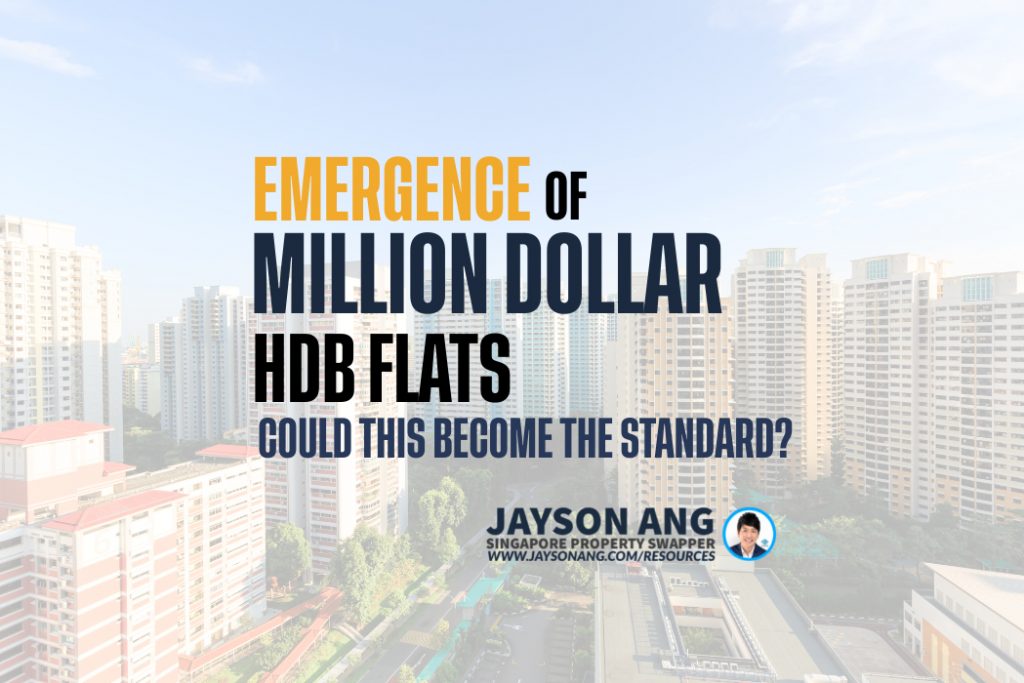TLDR
Singapore’s property market faces challenges with high prices, especially in private housing. While public housing remains more affordable, the gap between property prices and salaries raises concerns. The market is primarily driven by local residents, with younger buyers supported by intergenerational wealth transfer. The government aims to balance affordability with property investment interests through measures like grants and cooling policies. Singapore’s appeal as a livable city contributes to high property costs, reflecting global trends. Expectations suggest stable prices with a slight slowdown in growth. Individual considerations are essential for deciding on buying or selling property in the current market.
Why Do People Think Singapore Property Is Unaffordable?
What are the factors that contribute to the perception of unaffordable property prices in Singapore?
Currently, property prices in both the public and private housing markets have reached unprecedented levels. While high prices alone may not be a significant concern, the issue lies in the fact that salaries have not kept pace with these increases. Thus, the question of affordability arises.
Are there any statistics that support this viewpoint?
Firstly, Singapore’s median private home prices now stand at US$1,200,000 (~S$1,610,300), making them the most expensive in the Asia-Pacific region, surpassing even Hong Kong. Data from the Urban Redevelopment Authority (URA) reveals that private home prices grew by 28% from Q1 2020 to Q1 2023 during the pandemic.
Secondly, public housing prices have also seen a significant increase. HDB resale flat prices rose by 32% over the same period.
Currently, Singapore’s affordability ratio, which compares the median property price to the median annual income, is 13.7 for private property and 4.5 to 4.7 for public housing. These figures firmly position private homes in the “unaffordable” category. To provide context, the median monthly household income is approximately $10,099, and properties priced around $1.58 million would be considered unaffordable for the median household.
The rental market tells a similar story. Singapore has the highest median monthly rental cost in the region, amounting to US$2,600 (~S$3,500) according to URA data. Private rentals witnessed a staggering 50.3% increase from Q1 2020 to Q1 2023.
However, is property in Singapore truly unaffordable for the majority of people?
Interestingly, Singapore’s homes were deemed “most attainable” in the Urban Land Institute 2023 Asia Pacific Home Attainability Index, primarily due to the affordability of public housing.
While it may seem contradicting with the rising prices of HDB resale flats, it is essential to note that the conventional “price-over-income ratio” may not encompass the entire concept of housing affordability. Factors such as economic opportunities, social aspirations, and social mobility should also be considered.
Who Is Buying Property in Singapore?
So, who is driving the demand for properties in Singapore and causing prices to rise?
It is primarily the local residents. From January 1st to June 13th, 2023, Singaporeans accounted for 77.8% of home purchases. Over the years, from 2016 to the present, foreigners have only represented a small percentage of home purchases, ranging from 3% to 5.5%.
What are the price range for house purchases, specifically for newly launched condominiums?
Let’s take the example of Blossoms by the Park, a major new condo development in Q2 2023. During its launch weekend, 209 units were sold at an average price of $2.02 million per unit. Another significant launch in the quarter was The Reserve Residences, which sold 520 out of 635 units during its launch weekend at an average price of $2,460 per square foot.
Can you provide more information about these buyers?
Among the buyers of Blossoms by the Park, 41% were between the ages of 31 and 40. Another notable group consisted of buyers aged between 21 and 30, accounting for 22% of the total property purchases.
This may come as a surprise when considering statistics from the Urban Land Institute. If median income earners need to work and save for over 13.7 years to afford a private property, it is quite unexpected that many of these buyers are relatively young.
How Are Singaporeans Affording High Private Property Prices?
So how are these young buyers managing to afford such exorbitant property prices?
The answer lies in intergenerational wealth transfer, plain and simple. The baby boomers, now aged between 59 and 76, have been able to accumulate significant wealth over the years. Additionally, they have, on average, fewer children than previous generations. Consequently, it is highly likely that they are financially supporting their children’s property purchases.
Considering that there are approximately 959,000 citizens aged between 55 and 74 in Singapore, accounting for around 27% of the population, there is a substantial amount of wealth being transferred. Unfortunately, this phenomenon often goes unnoticed.
Discussion: “Are Singapore Homes Truly Too Expensive?”
Is Singapore’s high property costs indicate affordability issues. Alternatively, could it be a result of paying a premium for quality housing? Or is it simply a reflection of Singapore’s appeal as a desirable place to live and do business?
The prices of Singapore’s private residential homes and the strength of its economy are indeed reflected in the high property costs. This is a common trend in major global cities.
Are Singapore’s homes still affordable?
If we consider the “price-over-income” ratio, public housing is still within an affordable range. When discussing housing affordability, it is crucial to focus on providing support to those who need it the most – young, first-time home buyers.
The Budget 2023 announcement introduced more grants and subsidies for first-time families purchasing HDB resale flats and first-time applicants for BTO flats. However, additional measures may be necessary in the long run to ensure housing remains affordable for the majority of the population.
Furthermore, the cooling measures implemented in April 2023 demonstrate the Singapore government’s commitment to prioritize housing for owner-occupation. These measures aim to control interest from local and foreign investors, as well as second-home buyers.
What about the affordability of private housing?
Private housing tends to be more expensive, but it’s important to note that it caters to a smaller segment of the population. However, when discussing affordability in relation to private housing, there are certain implications to consider. The key questions that arise are centered around Singapore’s housing goals, particularly for those looking to upgrade their properties.
- How can we strike a careful balance between maintaining Singapore’s competitiveness and ensuring that Singaporeans have access to high-quality homes?
- Would it be beneficial, then, to discourage property upgrades or wealth transfers in order to maintain affordability?
- How can the government effectively manage affordability while also taking into account the investment interests of mid-to-high-income Singaporeans?
These questions are complex and do not have straightforward answers.
Moving Forward: What Can We Expect from the Property Market
Is Singapore property too expensive or are we just paying more for high-quality housing?
Based on all the data available, Singapore property, especially public housing, is still affordable. However, those who are looking to buy private property are paying a premium because they want to own a property in one of the most desirable and livable cities in the world.
Many individuals choose to invest their money in Singapore property because they see it as a safe long-term investment. While discouraging property investment might reduce the impact of a potential recession and prevent the income gap from widening, it may also lead people to invest in riskier assets.
Currently, the housing market is supported by the transfer of wealth between generations and the desire for people to upgrade their homes.
Would property prices will decrease in the near future?
Unless the economy experiences a significant downturn, it is unlikely that we will see a major drop in property prices. However, there are signs that the rate of price growth is slowing down and prices are expected to stabilize.
In response to the high property prices, do would the government will implement more measures to cool the property market?
It is impossible to say for certain. But whatever action the Singapore government decides to take, they will need to carefully consider the consequences before introducing any new property-related policies. Making hasty decisions could have unintended negative effects.
Should You Buy, Sell or Wait?
If you’re reading this, you must be trying to figure out the best course of action right now: is it the right time to buy or sell?
It’s difficult to give an exact answer since everyone’s situation is unique and what works for one person may not necessarily work for you.
I can bring you a wealth of on-the-ground experience and a data-driven approach to provide clarity and direction. From beginners to experienced investors, our top-down, objective approach will help you on your real estate journey.
I can help you by:
- Offering Strategic Real Estate Advice – I can help create a comprehensive plan to guide you through your property journey.
- Connecting Your Home with the Perfect Buyers – Through stunning visuals, an effective communication strategy, and an in-depth knowledge of the market, we’ll ensure your home is presented in the best possible way to fulfill your goals.
You May Also Like …

